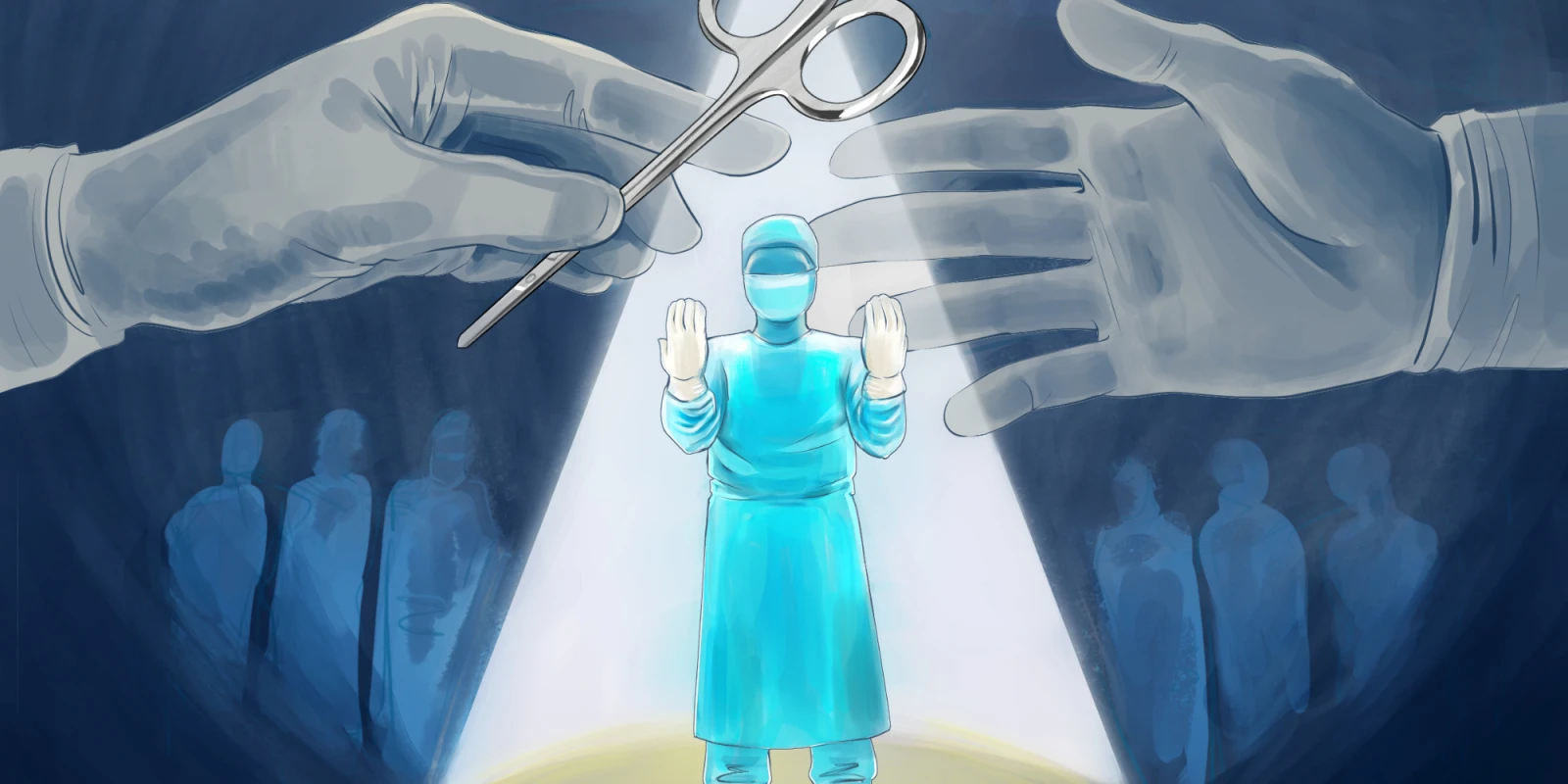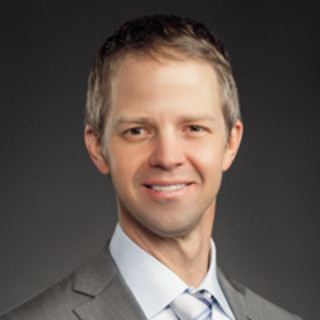
It’s nearly midnight. I’ve been home for almost five hours, but I can’t sleep. I stare at the ceiling, my mind racing and my head on fire, just thinking about my last day in the operating room. I retrace each step. I think about each detail, how to be better next time. How to remove this error or that one. How to eliminate that extra time or that wasted motion. I try to stop thinking about it, but my mind keeps wandering back … I long for that brief moment where something of beauty stands alone at the end of a long or difficult operation. Unspoiled by threat of complication, non-compliance, or the shackles of long-term follow-up, that fleeting moment stands alone and speaks for itself, if only for a moment.
I was still a resident the first time I saw a surgeon experience that moment. We had just finished a scoliosis case with a particularly skilled attending. It had gone well, the correction was excellent, the blood loss minimal. We were closing and I saw the attendings’ hands pause. I saw, or heard, or merely sensed him say something under his breath. Something brief and affirmative, and then I could see he was smiling behind his mask. It was not arrogance; it was joy.
I remember one time it almost happened to me. An Achilles tendon repair, it was neither a difficult case nor an easy one. I moved efficiently; my assistant that day was not my usual assistant but despite that, everything moved smoothly and effortlessly. The tissue presented itself and the sutures, which were uniform and consistent, held. It re-approximated beautifully. The new assistant commented on it, and I knew it was good. I paused a moment and then moved on.
At other times, it has felt like gambling — like a slot machine, or a crooked roulette wheel, or a card table where the house has stacked the deck against you.
In “The World Beyond Your Head,” Matthew B. Crawford describes how machine gambling (slot machines or video poker) is socially engineered to encourage players to play to extinction — that is, to keep playing until they have no money left. The entire environment is engineered so that time is dimensionless, your physical senses of a world outside of the machine is blunted. The gamblers become so entranced in the game that their attention to everything else is lost. He recounts anecdotes of paramedics responding to heart attacks in casinos where the people around the victim cannot be roused to move out of the way or stop playing.
Surgery can be like that, I suppose. I’ve gone a long time without using the bathroom, or eating, too focused on what I am doing. But it’s different, too, because medicine requires both attention and focus. Attention meaning peripheral awareness of the larger situation, and focus meaning complete control of what is happening in the few square centimeters at the end of the instruments. Unlike the slot machine, attention in an operating room is ignoring the irrelevant conversations around you but hearing the sound of the tourniquet alarm. Noticing when the assistant holding the retractor protecting a nerve is pulling too hard and crushing it, or pulling too softly and letting it slip toward danger. Is the exposure right? Is the bed height right? Is the positioning right? How much blood have we lost? Is the anesthesiologist managing the blood pressure, are the right instruments here, would it be worth getting that additional tray?
And then there is the focus part, affected by just as many variables. Did I prepare right? Did I anticipate this anatomy or approach? Did I manage myself right, sleep enough, eat the right things? If everything is in order, then there is the part that you can’t think about at all — the stuff of muscle memory. The right instrument in the right location, the right amount of pressure, here and not there. Sometimes, you reach the so-called flow state, sometimes (under what you would swear are the exact same circumstances) you can’t seem to catch a break, you drop something, a suture breaks, a clamp springs loose, and you offer some choice words, the four-letter kind. Opportunity for frustration abounds. And many times, the frustrations come to define our personalities because the frustrations always seem to need an outlet.
But if I’m honest, those occasional moments of profound joy, even if only intermittently reinforced, those are the ones that keep an addict coming back. In the jackpot dream of the perfect case, or the perfect code, or the perfect save, the momentary high is sweetened by its rise above all the messiness and uncertainty of the human condition and the human body. When those moments come, nothing needs to be said at all.
Brian Gilmer, MD is an orthopaedic sports medicine surgeon in Mammoth Lakes, CA. He shows up each day trying to be better than the day before. He is a 2018–2019 Doximity Author.
Illustration by April Brust







